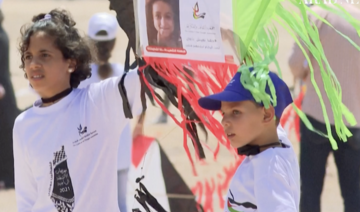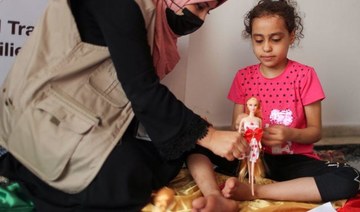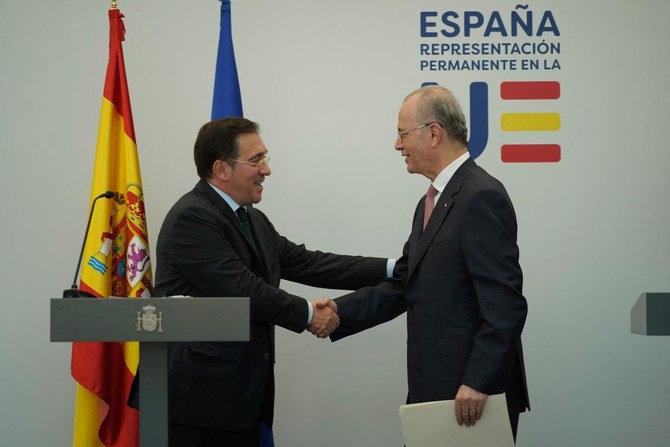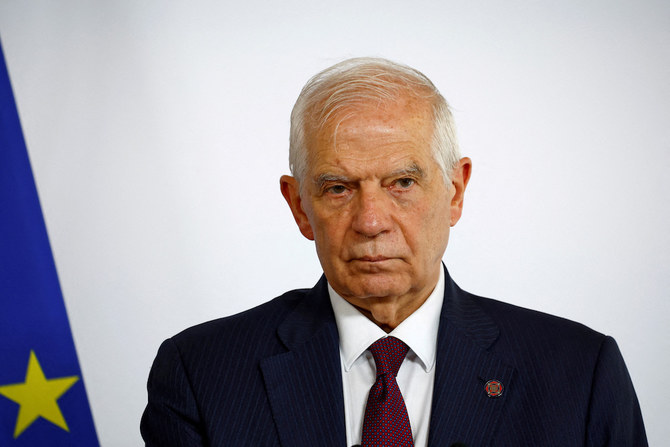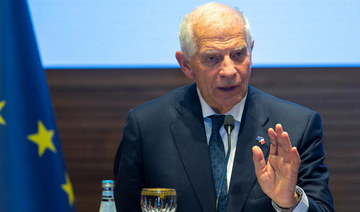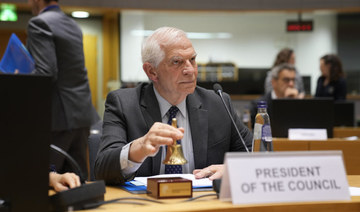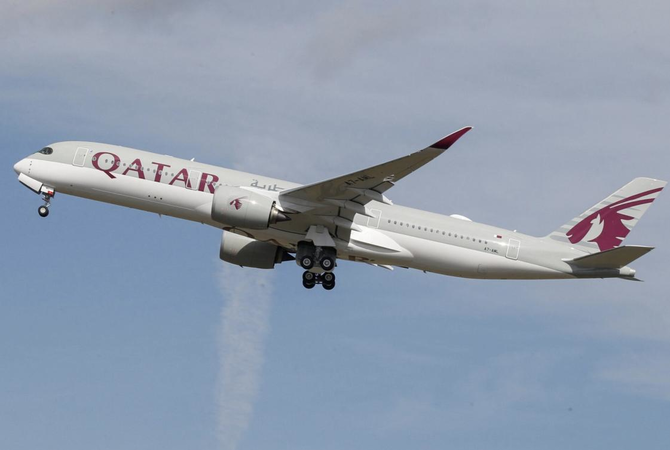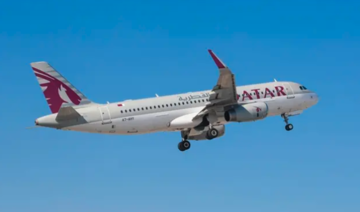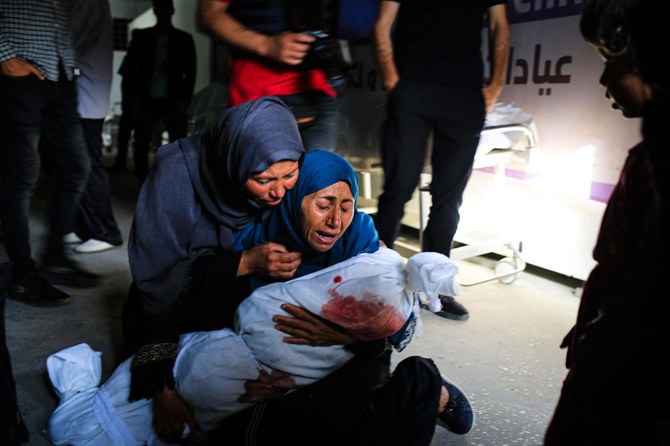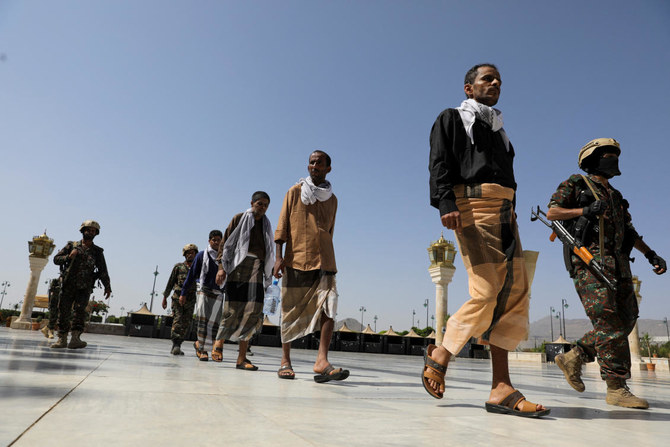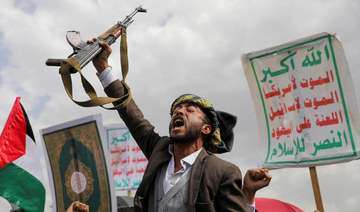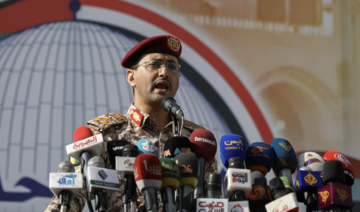DUBAI: Picking through the debris of what had been his university’s English department, before it was pulverized by an Israeli airstrike, Mosab Abu Toha brushed away a fine film of dust coating a book he found among the rubble.
The battered volume was an anthology of classic American literature, featuring the work of great writers such as Ernest Hemingway and Walt Whitman.
The poignancy of this discovery, among the ruins of the Islamic University of Gaza in the summer of 2014, when Israel and the Palestinian militant group Hamas last fought a major war, has stuck with Abu Toha ever since.

Abu Toha wants Palestinian children to discover the vast world of literature, and grow beyond the mental and physical confines of Gaza. (Supplied)
The emotions came flooding back during the 11 tumultuous days in May this year when hostilities between the old belligerents flared up anew.
A 28-year-old poet and teacher of the English language, who has lived through four significant wars in Gaza since 2008, Abu Toha saw an urgent need to protect public access to learning resources and classic works of literature amid the stifling blockade of the territory and the routine bombardments it endures.
It was in the aftermath of the 51-day war in 2014 — “the hardest of them all,” as he recalls — that Abu Toha began to receive donations, organized through social media, that laid the foundations for what would become the Edward Said Public Library.
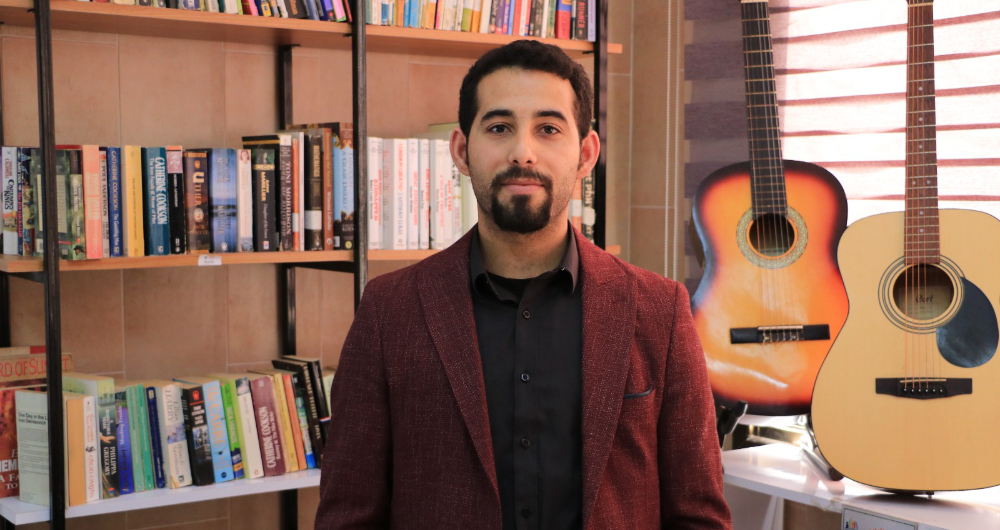
Abu Toha: These kids are learning new things and they are going to be better than me. (Supplied)
Named in honor of the late Palestinian scholar and theoretician, Gaza’s first and only English-language library opened its doors in 2017 with the help of international fundraisers. Now its two branches, in Beit Lahiya and Gaza City, house more than 2,000 volumes, most of them classic works of literature.
The venues have become a refuge amid the chaos, places where young Palestinians can freely access the timeless works of authors such as William Shakespeare, Leo Tolstoy, Dr. Seuss, John Le Carre, Herman Melville, Mahmoud Darwish and, of course, Edward Said.
Abu Toha likens the library to a candle in the dark, offering an escape from the harsh realities of life in Gaza.

Mosab Abu Toha hopes young Palestinians will channel their daily traumas into rewarding creative pursuits. (Supplied)
“Many children seem happy in the street,” he told Arab News. “They will smile at you — but deep inside they are traumatized. If you sit with them and ask them some questions, and you dig deep inside their subconscious, you would know that these children have nightmares at night.
“These children need to have some space to understand that what they are living through is not normal. What they are living in is abnormal.”
Abu Toha’s passion for reading and the English language stems from a childhood during which he was surrounded by books. After obtaining a bachelor’s degree in language teaching, he taught English classes at UN Relief and Works Agency (UNRWA) schools.

The library is a place where young Palestinians can freely access works by William Shakespeare, Leo Tolstoy, and John Le Carre. (Supplied)
A major turning point came when he was invited to travel to the US in 2019 as a visiting poet at Harvard University as part of the international Scholars at Risk program. It was the first time he had ever left the Gaza Strip.
“I think my experiences — especially as a kid who never traveled outside of Gaza until he was 27, someone who doesn’t have an airport in his country, someone who doesn’t have a seaport, someone who has never stopped hearing the noise of the drones in the sky and the shelling of tanks — pushed me to discover my own talent in writing creatively,” Abu Toha said of his literary inspirations.

Edward Said was not only a Palestinian but a global citizen, and naming the library after him is an honor for us, says Abu Toha. (Supplied)
He hopes other young Palestinians will likewise channel their daily traumas into rewarding creative pursuits.
“I think it’s very important for young writers to talk about their experiences in different genres, in both Arabic and English,” he said. “It’s a duty. You need to tell the world what you are seeing.”
Most of the visitors to the library are children and young adults, he explained, who rarely have access to books at home.
“It’s not easy to find home libraries in Gaza,” said Abu Toha. “It’s very rare maybe because of the financial circumstances; people can barely put food on their table.
“But some children, when they come to the library they see these books, beautiful tables and chairs, and they want to make use of it.”
The library has become his life’s work. But stocking its shelves has proved to be an endless struggle as a result of the strict blockade, with every shipment of new books detained and thoroughly searched by Israeli customs officials.

“It’s not easy to find home libraries in Gaza,” says Abu Toha. (Supplied)
Nevertheless, thanks to generous donations by overseas supporters, including many authors who provide signed editions of their works, the Edward Said Public Library is richly stocked.
Even Noam Chomsky, the famed American linguist, philosopher and public intellectual, has contributed to its collection, describing the library as “a rare flicker of light and hope for the young people of Gaza.”
The family of Edward Said, who died in 2003 at the age of 67, has also offered its support, sending copies of the scholar’s influential works. Abu Toha never met Said, but feels his is a fitting name for the library.
“He’s a symbol for Palestine, a symbol for freedom,” said Abu Toha. “He’s a public intellectual, not siding with this or that. He said what he thought loudly without fearing the Palestinian Authority or Israel or the American administration.
“I think he’s a prominent example for everyone who seeks justice in this world. I think Edward Said was not only a Palestinian but a global citizen, and naming the library after him is an honor for us.”

Famed American philosopher Noam Chomsky has contributed to the library’s collection. (Supplied)
Both branches of the library were fortunate to survive the fighting in May this year with minimal damage.
“Although it was short, the scale of terrorism, destruction and eviction of families was astonishing. It was very tough,” Abu Toha said. “There was the use of new weaponry and it was really frightening. Even now, when I remember what happened, I can’t believe we’re still alive.”
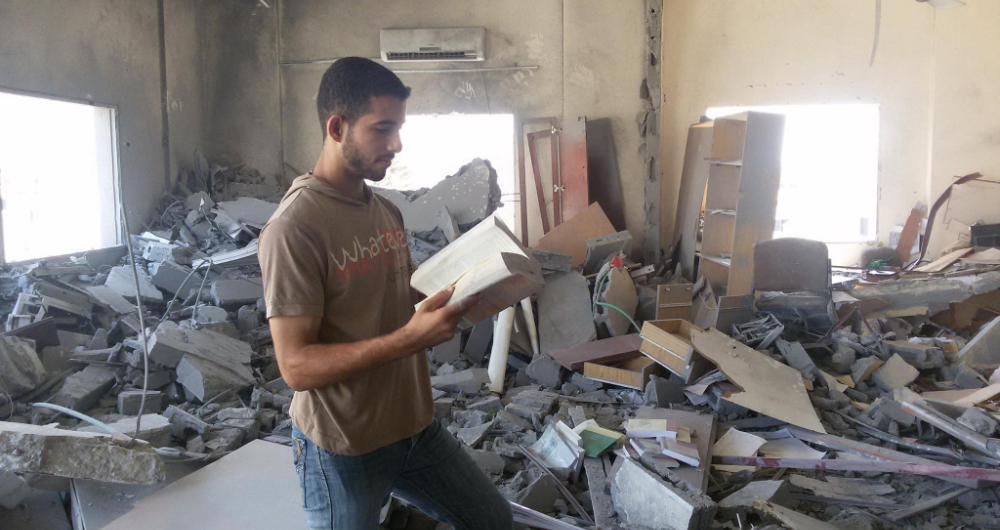
Mosab Abu Toha looks at a book he found among the rubble following an Israeli airstrike. (Supplied)
To help the community get back on its feet, support the library and fund psychological support programs for families affected by the latest war, he has launched a fundraising campaign that so far has raised about half of its $20,000 goal.
He also wants to open several additional branches of the library so that many more Palestinian children can discover and explore the vast world of literature, put their plight into perspective and, ultimately, grow beyond the mental and physical confines of Gaza.

These children have nightmares at night, says Mosab Abu Toha. (Supplied)
“The only hope that I feel is when I see children coming to the library, reading books, taking part in activities, going back to their homes, telling their parents about what they did in the library, and coming the next day with friends to the library,” Abu Toha said.
“This is the only thing that brings hope to my heart: that these kids are learning new things and they are going to be better than me.”
Twitter: @artprojectdxb





